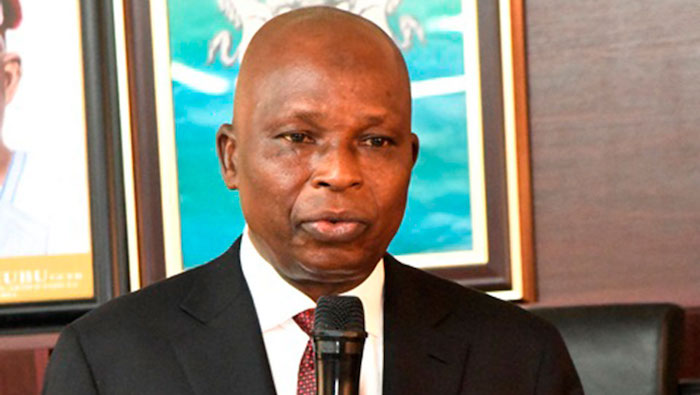The Nigerian government has inaugurated a committee of law experts from various fields to review, update and consolidate archaic Nigerian laws within six months.
The law review and update is part of the ongoing efforts of President Bola Ahmed Tinubu to promote the rule of law and access to justice in line with the policy objectives of enabling socio-economic growth and advancing legal reforms.
Inaugurating the Committee on behalf of the federal government, the Attorney General of the Federation (AGF) and Minister of Justice, Lateef Fagbemi SAN, asked the committee members to be meticulous in executing the task.
Fagbemi challenged the law experts to focus on identification of outdated laws which according to him, are not in line with contemporary needs and values, as well as harmonisation of conflicting laws, to ensure uniformity and consistency.
He said, “I would like to inform you all that this is a project which is particularly dear to my heart, and I have always been concerned about our seeming inability to update the Laws of the Federation (LFN) since 2004, to enable clarity, predictability, consistency and uniformity in our body of laws.”
“You are all aware that the general purpose of the law is to protect the public interest and regulate human behaviour and interactions between corporate entities. The law is constantly dynamic and evolving, hence, there is a need for continuous review or reform of our body of laws to address contemporary socio-economic developments, and resolve conflicting and obsolete provisions with the ultimate aim of improving the administration of justice and promotion of rule of law.”
According to the AGF, the update and consolidation of the Laws of the Federation, 2004 is long overdue in order to reflect and consolidate legislative developments (inclusive of repeals, amendments and enactments) from 2004 till date, in furtherance of the law development mandate of the Federal Ministry of Justice.
“The expected key areas of focus for the Committee in the instant exercise are identification of outdated laws which are not in line with contemporary needs and values, as well as harmonization of conflicting laws, to ensure uniformity and consistency,” he added.
“This is intended to attract socio-economic growth and investment, promote efficiency and adapt to technological advancements.
This Committee has been deliberately set up with individuals with vast professional experience and technical expertise in various aspects of the justice sector.”
He commended the leadership of the National Assembly, the Nigeria Law Reform Commission and the Nigerian Institute for Advanced Legal Studies, for supporting the initiative.
“Please be assured that the Federal Ministry of Justice will always be available to provide institutional support and assistance where required, to ensure that the Committee achieves its mandate.
The committee, chaired by Mr. Olawale Fapohunda, SAN, and co-chaired by Professor Jummai Audi, Chairman of the Nigerian Law Reform Commission, is tasked with coordinating the collection and compilation of the Laws of the Federation (LFN) up to 2024. Their responsibilities include collaborating with relevant government agencies to harmonise the laws, as well as cross-checking, editing, and proofreading all legislation.
Additionally, the committee will identify omitted legislation from the 2004 edition, update them, and pinpoint outdated or redundant laws requiring repeal. They are also responsible for merging related laws to eliminate redundancy and will compile a comprehensive report of their findings for the Attorney General of the Federation.
“This national assignment is expected to be completed within six months from the inauguration date, and the committee is urged to meet this timeline,” he said.
Dominica Nwabufo


Comments are closed.